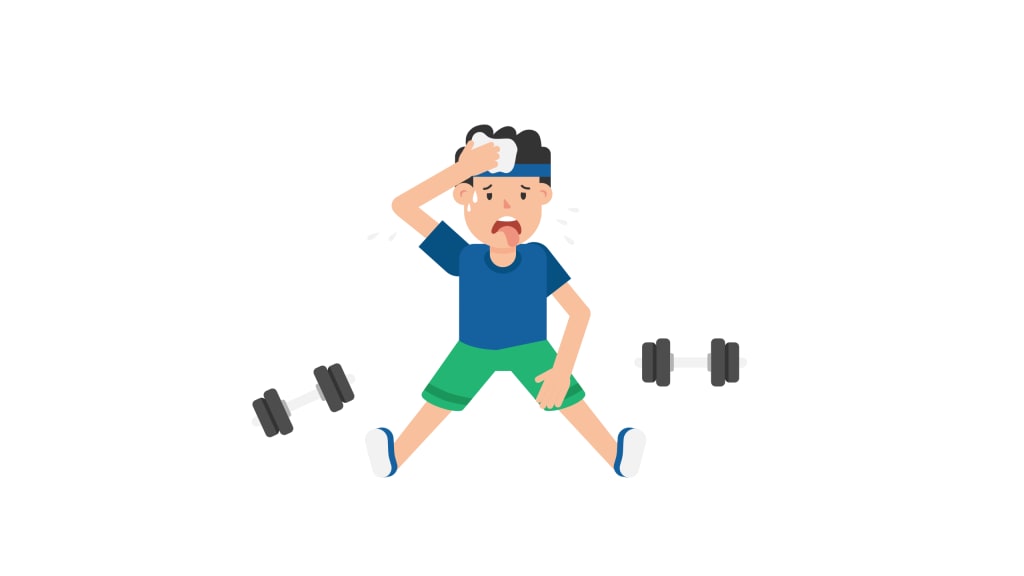
We frequently hear that physical activity can help us lose weight by enhancing or accelerating our metabolism. Is it true, then? Can we regulate our metabolism through exercise? Dr. Jen Gunter's segment on "Body Stuff" We must first examine metabolism in greater detail before we can respond to that issue. It should come as no surprise that metabolism is incredibly complex and that scientists and researchers are always learning new things about it. Simply put, metabolism is the series of chemical processes that take place in each and every cell of our body to use energy to sustain life. Our bodies' processes of creating new cells, growing hair, and transforming food into energy all fall under the category of metabolism. Calories represent the entire amount of energy used by all of the metabolic activities that take place throughout our body. Surprisingly, only a small portion of the calories we burn each day come from exercise. Our basal metabolic rate, unless you're a professional athlete, accounts for the majority of our caloric consumption. Everything essential to our survival, such as our ability to blink, develop hair, and create new cells. That thing consumes a significant amount of our energy. Can we somehow manipulate this equation, then?Can we increase our metabolism through exercise to burn more calories? Can we calorie-burn even more? not only performing burpees but also increasing eyelash growth, as opposed to before? No, is the response. This is a misinterpretation of what fast versus slow metabolism actually means, to start. Neither a fast metabolism nor a slow metabolism are clearly associated with being slimmer or larger. In fact, if you look at the absolute figures, people with larger bodies have faster metabolisms, which means they burn more calories because they have more cells in their bodies, which are doing more to support the body. Although there are variances in metabolism among individuals with comparable body sizes, the gap between a fast metabolism and a slow metabolism can range from roughly 300 calories. That resembles a banana and two apples. Our metabolism's rate is largely genetically determined and influenced by our body size, but age also plays a role. Throughout our lifetime, our metabolic rate changes a few times. The infant's metabolic rate is where we begin. When we are toddlers, there is a switch, and it remains largely steady throughout adulthood until we reach the age of 60. A Tanzanian ethnic group known as the Hadza who still follow a traditional hunter-gatherer way of life was studied by researchers. However, when body size and age are taken into account, they burn about the same number of calories per day as the typical American adult. It appears that our bodies have limits and that the number of calories we expend is rather constant. Our metabolism will eventually find strategies to conserve energy even if we workout harder initially. Here is what I'm trying to say. Our metabolic system is designed to regulate energy, not to control our weight. As a result, whether you read an article or hear a self-proclaimed expert encourage you to speed up your metabolism, keep in mind that it's merely marketing jargon derived from a culture of weight reduction. And it's simply untrue.
About the Creator
Niks
I deliver Informative content.






Comments
There are no comments for this story
Be the first to respond and start the conversation.